Santander Confronts Its Past: Rise in Franco-Era Street Names Sparks Controversy
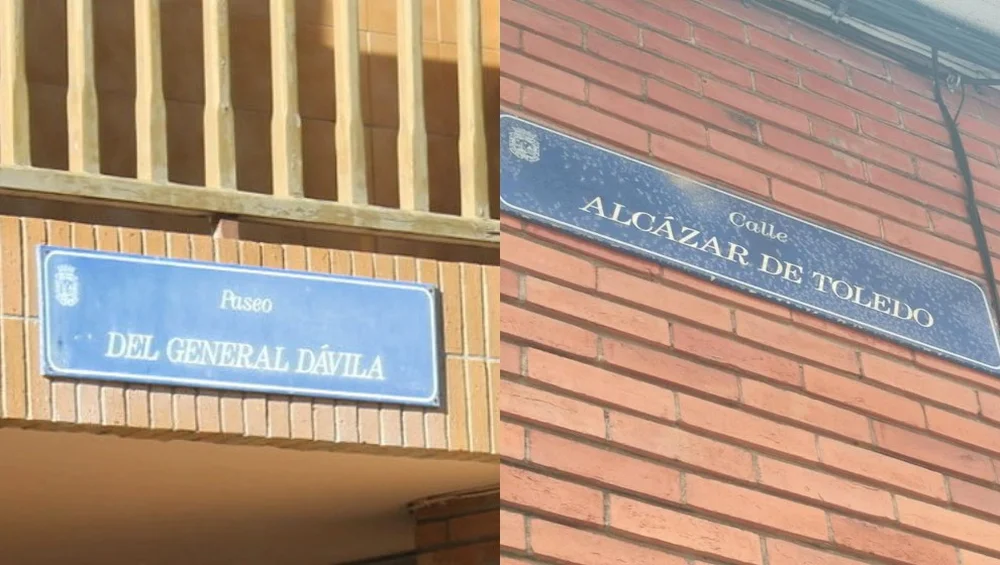
In the picturesque city of Santander, capital of the Cantabria region in Northern Spain, a recent revelation has stirred significant controversy and sparked a renewed debate about the city's historical legacy. A new publication has exposed that the number of streets named after figures associated with the Franco regime has more than doubled, prompting outrage and calls for action from local residents and historical activists.
Historical Context
The Spanish Civil War, which ravaged the country from 1936 to 1939, left deep scars, particularly in regions like Cantabria. Santander, once a stronghold of the Republican forces, fell to the Nationalists led by General Francisco Franco in 1937. This period marked the beginning of a long and oppressive dictatorship that lasted until Franco's death in 1975[1].
The Issue at Hand
The recent publication highlights that many streets in Santander are named after individuals who were either direct supporters or high-ranking officials of the Franco regime. This includes names of military officers, politicians, and other figures who played significant roles in the Nationalist victory and subsequent dictatorship. The increase in such street names has been met with widespread criticism, as many see it as a glorification of a painful and repressive era.
Local Reaction
Residents and local groups have expressed strong opposition to these street names, arguing that they serve as a constant reminder of the city's dark past and the suffering endured by many during the Franco era. There are calls for the city council to rename these streets in honor of figures who fought for democracy, freedom, and human rights, rather than those who upheld a dictatorship.
Historical Significance of Santander
Santander itself has a complex history, having been a significant location during the Spanish Civil War. The city's historic center was largely destroyed by a fire in the 1940s, and its reconstruction did not aim to restore the old architecture but instead focused on modern and elegant designs[2].
National Implications
This controversy in Santander reflects a broader national debate about how Spain should remember and commemorate its civil war and the subsequent dictatorship. The country has been grappling with its historical legacy, with many advocating for a more thorough reckoning with the past, including the removal of symbols and names associated with the Franco regime.
Future Steps
As the debate continues, the city council of Santander is under pressure to address the concerns of its citizens. There are plans to establish a commission to review the street names and consider alternatives that better reflect the city's commitment to democracy and human rights. This move is seen as a step towards healing the historical wounds and ensuring that the city's public spaces reflect its values of freedom and justice.
In conclusion, the revelation about Franco-era street names in Santander has opened a Pandora's box, forcing the city and its residents to confront a painful past. As Spain continues to navigate its complex historical landscape, the decision made in Santander will serve as a significant example of how communities can choose to remember and honor their history.
Related Stories
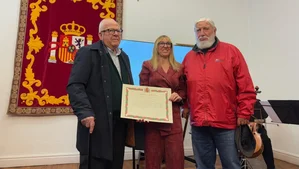
Spanish State Recognizes Julián Quintana Ruiz as Victim of Francoist Repression
Spain officially recognizes Julián Quintana Ruiz as a victim of Francoist repression, marking a significant step in addressing the injustices of the past.
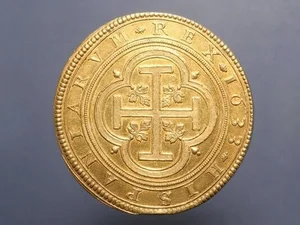
Rare Spanish Coin from 1609 Fetches Millions at Auction
A rare Spanish coin from 1609, minted during Philip III's reign, sold for millions at auction, highlighting its numismatic and historical significance.
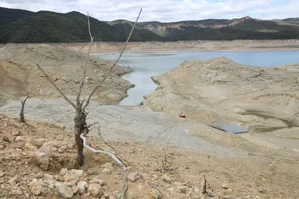
The Sweltering Heat of Pre-Industrial Era Peru: A Tale of Spanish Conquest and Colonial Legacy
Exploring the Spanish conquest of Peru, this piece delves into the transformative era's impact on indigenous populations, the rise of Lima, and the enduring colonial legacy.
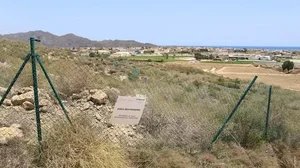
Palomares Awaits Cleanup 59 Years After Nuclear Accident
59 years on, Palomares still faces the shadow of a Cold War nuclear accident, with ongoing environmental and health concerns yet to be fully addressed.

The Tragic Story of 2,000 Kidnapped Sephardic Jewish Children: A Historical Reflection for Expats in Spain
A new documentary sheds light on the tragic tale of 2,000 Sephardic Jewish children kidnapped in the 15th century, a poignant chapter for expats in Spain to reflect on.